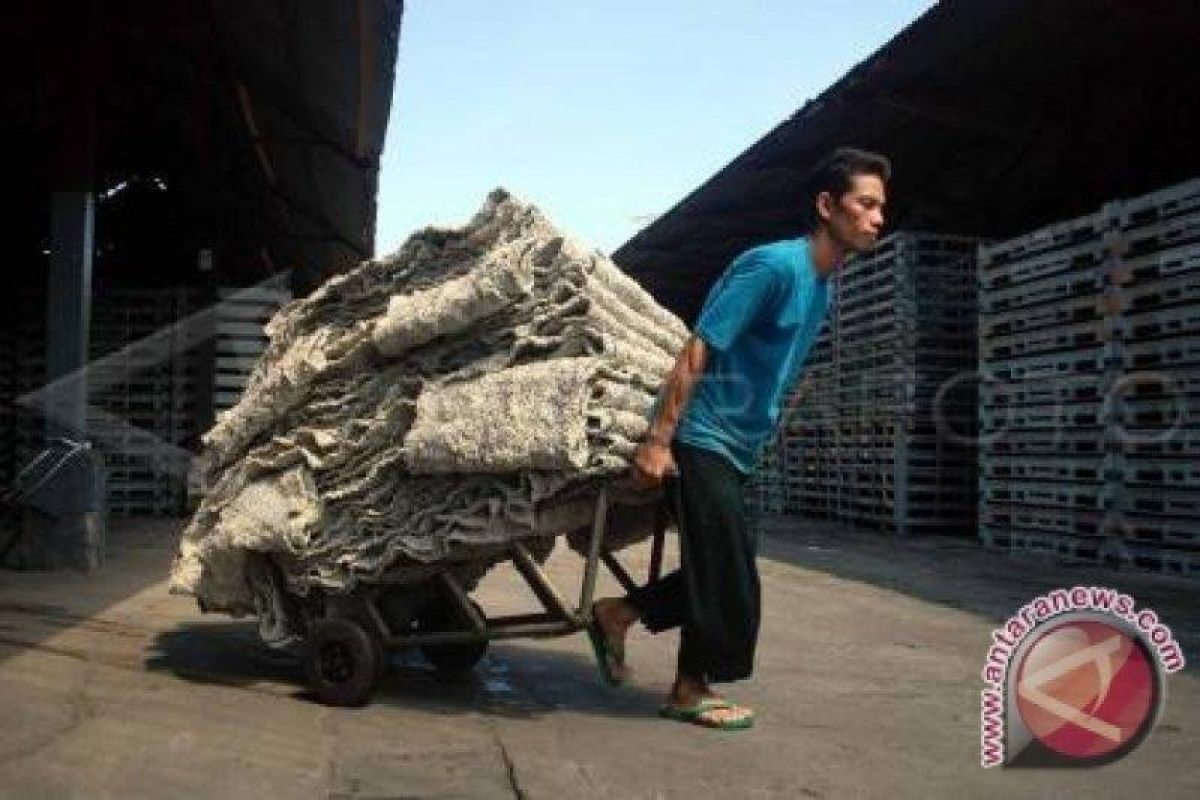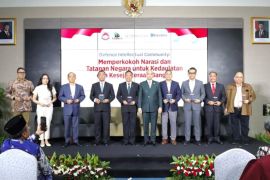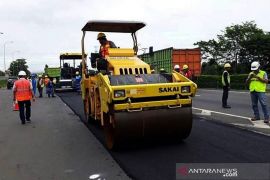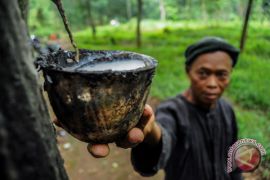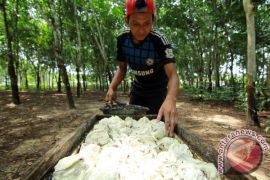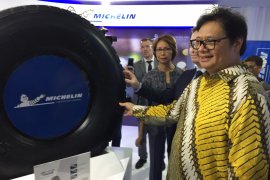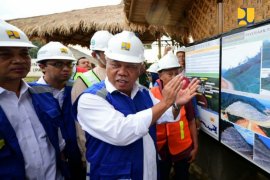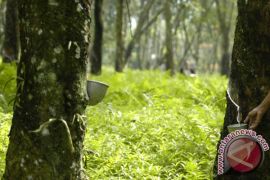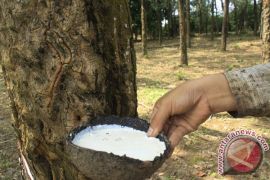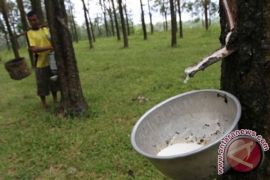The investment in the bracelet factory industry actually has quite a profitable opportunity because of the high demand in South SumatraPalembang (ANTARA) - South Sumatra Province, particularly the district area, continues to face a dearth of dry rubber processing plants (crumb rubber), thereby frequently causal to price instability at the market and farmer levels.
"Dry rubber processing factories are largely located in Palembang City, while only in one district Muratara that borders Jambi Province," Director of the Graduate School of Palembang Sriwijaya University Amin Rejo remarked on Tuesday.
Consequently, the regions' farmers are hesitant to sell their produce to factories, largely situated in Palembang City, since the distance to be traveled is far enough to elevate the production costs.
Rejo, also advisor to the Association of Farmers and Rubber Traders in South Sumatra, remarked on April 19, 2019, that the price of clean slab rubber at the farmer or auction cooperative level in Rambang Sub-District, Muara Enim Regency, had started to stabilize or increase to Rp11 thousand per kilogram. The sub-district's clean slab rubber monthly production averaged 760 tons.
Taking into account the high quality of rubber produced by farmers from Muara Enim Gelumbang to Ogan Ilir, the government should build or attract investors to set up rubber processing plants to prevent factories in Palembang City from holding a sway in the area.
"The South Sumatra provincial government, along with the district and cities, need to mull over this matter in order to improve the welfare of rubber farmers. Once the prosperity of farmers is realized, they will undoubtedly use quality seeds in their plantations," he emphasized.
He believes that along with the existence of dry rubber processing plants, the local government should also work towards developing investments in the downstream sector, such as the rubber band processing industry, since until now, distributors and rubber traders supply from North Sumatra.
Despite the high demand for rubber bands in South Sumatra, other regions too must be contributors, despite rubber raw material being plentiful in South Sumatra.
"Investing in the bracelet factory industry is, in fact, quite a lucrative opportunity owing to the huge demand in South Sumatra," he pointed out.
In the meantime, Head of the Marketing and Processing Division of the South Sumatra Plantation Office Rudi Arpian pointed to the rubber trading system in South Sumatra being lengthier than other provinces.
"Factories in South Sumatra never want to directly approach farmers but instead opt for suppliers. However, other regions, including Jambi, approach farmers and partake in the auction process," he remarked.
The high number of South Sumatra rubber buyers from Jambi is apparent from the list of auction winners of rubber processing and marketing materials (UPPB) units, which has become a forum for farmers to offer their crops in groups through auction or partnership systems.
He noted that the tonnage offered at the UPPB auction was higher than that sold individually or in a group.
"With such a huge tonnage, other provinces will definitely find it appealing to take part in bidding. Factories in Jambi had emerged the winners in the auction from Jambi," he stated.
The South Sumatra Plantation Service had noted that UPPB production had touched 63,057 tons of rubber annually, whereas the number of UPPBs, presently reaching 177 units, are found across 14 centers or rubber producers in South Sumatra.
This UPPB was established to enable farmers to sell rubber in one zoning area, such as in one sub-district, in one day, and in one quality, so that the tonnage would be high.
Before the formation of the UPPB, he pointed to the lack of uniformity in the rubber auction process, during which one village could have four groups holding auctions on separate days, so the farmers' bargaining power, as producers, remained lower as compared to the buyers.
"Hence, the condition is akin to a social get-together for buyers. Hence, on Monday, the A factory wins, while on Tuesday, the B factory emerges the winner," he noted.
Hence, Disbun of South Sumatra has outlined a target to set up a UPPB of at least five groups in each rubber-producing district.
Sumsel's rubber production was recorded at 1.05 million tons of dry rubber, with a plantation area spanning 1.31 million hectares.
Translator: Eliswan Azly
Editor: Suharto
Copyright © ANTARA 2019
